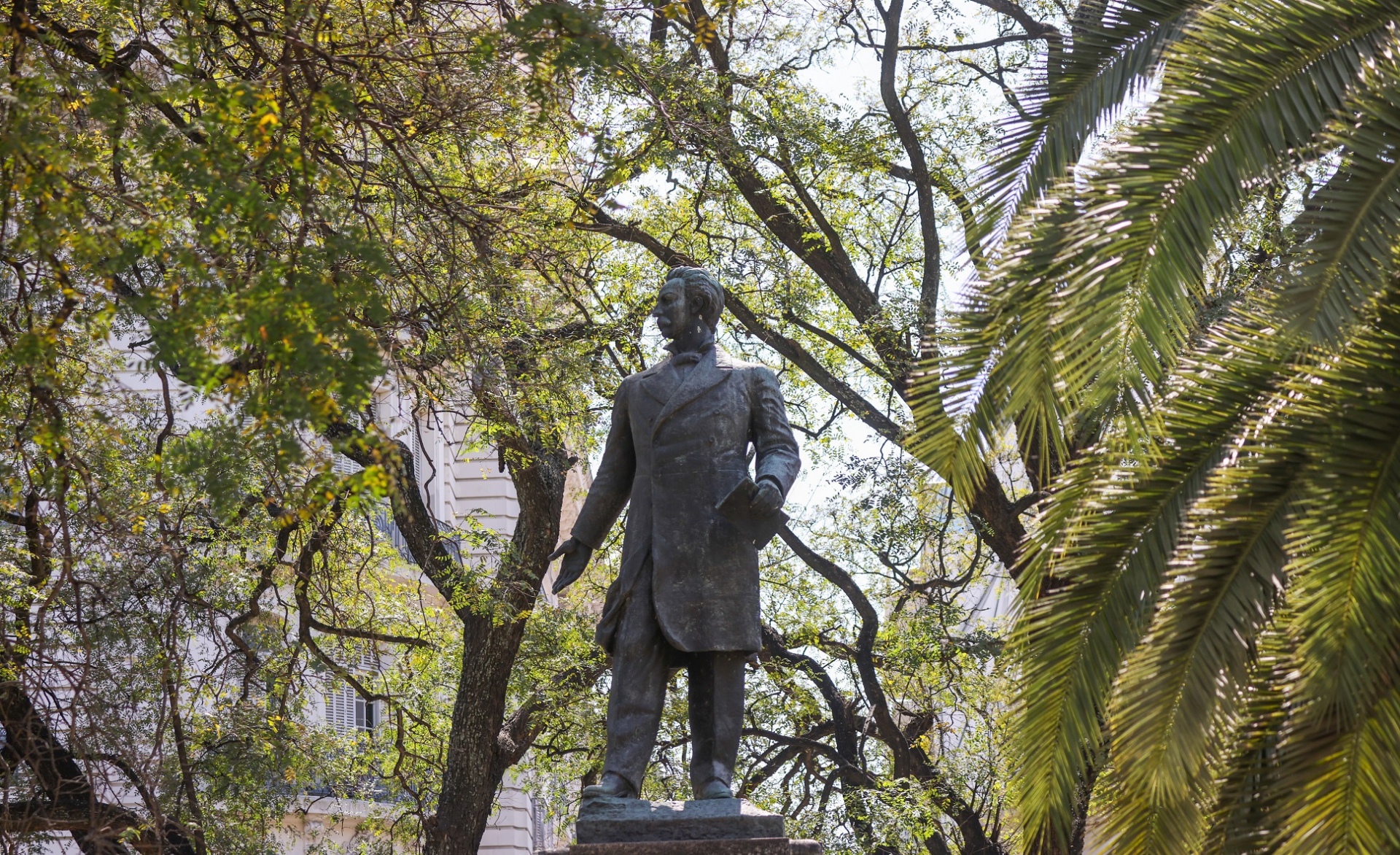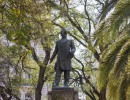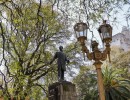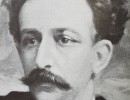“From the splinters of the chairs shattered by despotism, we shall make tribunes to teach justice and preach liberty.”
Every September 17, Argentina celebrates Professor' Day in honor of José Manuel Estrada, who died on the same date in 1894. Estrada not only left a deep mark on Argentine education, but also a great legacy as a thinker, historian, journalist, academic and politician.
Born in Buenos Aires on July 13, 1842, and orphaned at a very young age, he was raised by his grandmother, Carmen de Liniers. From an early age, his passion for study led him to be awarded in 1858 for his work on the discovery of America, which marked the beginning of his career as a self-taught writer and intellectual.
Education was the central axis of his life. In 1866, he began teaching at the Escuela Normal and published the famous Lecciones de Historia de la República Argentina, a key work for the study of national history.
Throughout his life, Estrada advocated an education that was accessible to all, but without losing sight of his religious values. Unlike other intellectuals of the 1980s generation, Estrada opposed an educational system monopolized by the state. His vision included a joint participation between families and the State in the formation of young people, and he favored freedom of teaching, with an education that contemplated the moral and intellectual development of individuals.
He was Secretary of Foreign Affairs during the presidency of Domingo Faustino Sarmiento and was in charge of teaching Civic Instruction at the Colegio Normal.
As head of the General Department of Schools in 1869, Estrada promoted innovative reforms, focused on the professionalization of teachers and the creation of a system that would guarantee educational quality. However, when he encountered resistance to his proposals, he resigned the following year, but he did not abandon his commitment to education.
Estrada's legacy also extends to higher education. Rector of the Colegio Nacional de Buenos Aires and Dean of the Faculty of Philosophy and Letters of the University of Buenos Aires, he was a strong advocate of an education that not only prepared professionals, but also citizens with an ethical and spiritual sense.
Estrada was a tireless defender of the Catholic faith in a context of debates on secularism in schools and civil marriage. He founded the newspaper La Unión from where he raised his voice in defense of his principles. This activism led him to politics, becoming a national deputy for the Catholic Union in 1886.
During the presidency of Luis Sáenz Peña, he accepted the position of Minister Plenipotentiary in Paraguay. He died at the age of 52 in the city of Asunción on September 17, 1894.
The life of José Manuel Estrada was a constant struggle for an education that integrated morality, freedom and religion. Today his figure is remembered in every school in the country and honored for his dedication and passion for teaching.



